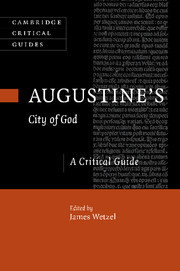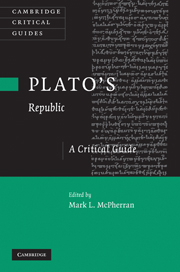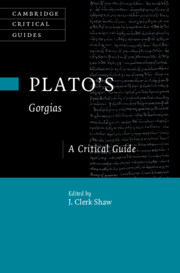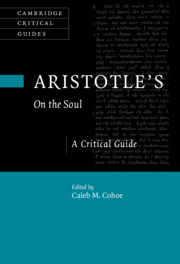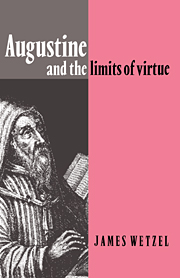Augustine's City of God
Augustine's City of God has profoundly influenced the course of Western political philosophy, but there are few guides to its labyrinthine argumentation that hold together the delicate interplay of religion and philosophy in Augustine's thought. The essays in this volume offer a rich examination of those themes, using the central, contested distinction between a heavenly city on earthly pilgrimage and an earthly city bound for perdition to elaborate aspects of Augustine's political and moral vision. Topics discussed include Augustine's notion of the secular, his critique of pagan virtue, his departure from classical eudaimonism, his mythology of sin, his dystopian politics, his surprising attention to female bodies, his moral psychology, his valorisation of love, his critique of empire and his conception of a Christian philosophy. Together the essays advance our understanding of Augustine's most influential work and provide a rich overview of Augustinian political theology and its philosophical implications.
- Highlights the political and ethical vision of Augustine's City of God, with attention to the metaphysical assumptions that underwrite it
- Offers a way of negotiating the contested boundary between faith and reason - in and beyond Augustine
- Provides contemporary perspectives on the City of God's enduring relevant political theology
Reviews & endorsements
"To guide readers into the bishop’s magnum opus, this collection of twelve essays, one of fifteen titles in the Cambridge Critical Guide series focusing on philosophical authors, draws upon specialists from the fields of theology, philosophy, and classics … a helpful resource for suitably equipped readers critically examining De civitate Dei … The contributions are diverse enough that few are likely to agree with every argument, but those arguments are generally well presented and the collection will stimulate discussion … academics in any pertinent field leading honours/upper-division students through De civ. would be hard pressed not to find several essays here suitable for assigning as supplemental reading …"
David Neal Greenwood, Bryn Mawr Classical Review
"It has to be said, I think, that the consequence of the fine web of detail in the essays means that this is not a book which is likely to serve any but the most able and ambitious of undergraduate students, or more probably a postgraduate class. But for such a group, this book vindicates Wetzel's assertion that Augustine's "antithesis - two cities, two loves, two ends - can still challenge the parodies that we would make of them"."
Studies in Christian Ethics
Product details
October 2012Adobe eBook Reader
9781139574686
0 pages
0kg
This ISBN is for an eBook version which is distributed on our behalf by a third party.
Table of Contents
- Introduction James Wetzel
- 1. The history of the book: Augustine's City of God and post-Roman cultural memory Mark Vessey
- 2. Secularity and the saeculum Paul J. Griffiths
- 3. Augustine's dystopia Peter Iver Kaufman
- 4. From rape to resurrection: sin, sexual difference, and politics Margaret R. Miles
- 5. Ideology and solidarity in Augustine's City of God John Cavadini
- 6. The theatre of the virtues: Augustine's critique of Pagan mimesis Jennifer Herdt
- 7. The psychology of compassion: Stoicism in City of God 9.5 Sarah Byers
- 8. Augustine's rejection of eudaimonism Nicholas Wolterstorff
- 9. Augustine on the origin of evil: myth and metaphysics James Wetzel
- 10. Hell and the dilemmas of intractable alienation John Bowlin
- 11. On the nature and worth of Christian philosophy: evidence from the City of God John Rist
- 12. Reinventing Augustine's ethics: the afterlife of City of God Bonnie Kent.

